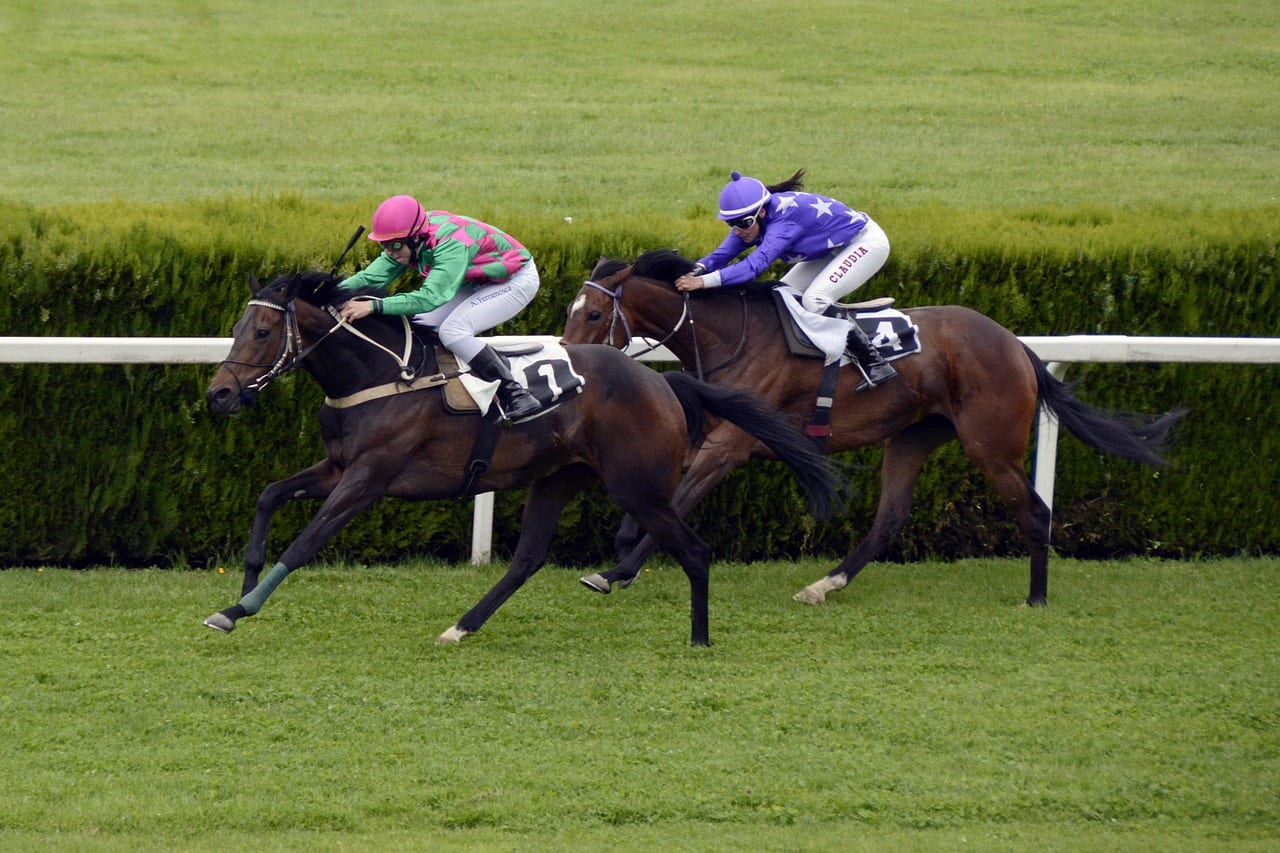ATG grows Q1 revenue but admits Covid-19 causing uncertainty

Sweden’s former horse racing monopoly operator AB Trav och Galopp (ATG) has reported a 10.7% year-on-year increase in net gaming revenue for the first quarter of 2019 to SEK1.11bn (£89.0m/€102.1m/$110.7m).
Swedish revenue was up 7.5% to SEK1.08bn in the reporting period. ATG’s core horse racing offering saw revenue grow 1.9% to SEK902m, though the operator noted the final weeks of the quarter saw the international racing calendar cut as a result of the novel coronavirus (Covid-19) pandemic.
This, it said, resulted in increased interest on Swedish racing, while growth was also aided by new betting products and an increased number of jackpots in the V75 pool betting game.
Swedish sports betting revenue jumped 75.9% to SEK95m, and casino’s contribution grew at a slower rate, up 27.9% to SEK78m.
Chief financial officer Viitala noted that these high growth rates were down to the fact each was still a relatively new product, after ATG launched online betting and gaming from 1 January 2019.
This revenue growth was aided by the inclusion of revenue from Denmark-facing Bet25.dk operator Ecosys. Having agreed to acquire the business in November 2017, ATG completed the deal in March 2019, and the new subsidiary was responsible for four percentage points of Q1’s growth according to finance chief Lotta Nilsson Viitala.
While Ecosys’ contribution was only incorporated into ATG’s results from 1 April 2019 – meaning it did not contribute to the prior year’s Q1 revenue – it saw revenue fall sharply year-over-year.
Revenue was down 64.0% from SEK89m in Q1 2019 to SEK32m, of which SEK19m came from online casino, with a SEK6m contribution from horse racing, and SEK7m from sports betting.
Looking at revenue by channel, this broke down to SEK803m from online, with SEK304m from retail outlets.
ATG reported an additional SEK73m in revenue from its retail partners, and SEK139m in other revenue, related to rights fees for Swedish racing, aided by the suspension of activity in other markets as a result of Covid-19. This resulted in total revenue rising 10.3% to SEK1.32bn.
As of 31 March, ATG had approximately 1.3m registered and active customers. Of this number, it considers 86% to be gambling sustainably, accounting for 71% of revenue, based on its player monitoring system. To date 62,000 customers have also completed a self-test to assess their gambling habits.
“It is very important for us at ATG that our customers are enjoying their gambling,” Viitala explained. “We are constantly working to develop our gaming responsibility and have recently introduced mandatory loss limits in our casino.”
Turning to expenses for the quarter, ATG paid SEK221m in gaming taxes, up 12.8%, while personnel costs rose to SEK110m. Other costs, mainly commission paid to the operator’s retail network, declined marginally to SEK596m.
Depreciation and amortisation charges grew 71.9% to SEK67m, while costs were slightly reduced by SEK18m in capitalised development costs. This left an operating profit of SEK343m, up 19.1% year-on-year.
ATG recorded an SEK2m benefit from financial items, for a pre-tax profit of SEK345m, and after paying SEK18m in income tax, its net profit for the quarter was up 18.1% at SEK327m.
The operator’s chief executive Hasse Lord Skarplöth admitted that Covid-19 meant that “everything changed overnight” for the operator.
“Matches and sports events were canceled all over the world, so sports turnover fell sharply,” he said. “Casino maintained its positive growth curve. And the gambling on horse racing increased, both from Swedish and foreign customers, due to the fact that Svensk Travsport was able to hold its events under the authorities’ directives.”
While Sweden’s licensed online gambling market shrank by around 10% as a result of the pandemic (according to the operator's calculations), he said ATG had bucked this trend to continue growing to date.
However, he admitted it was difficult to predict what would happen next.
“At ATG, we continue to work hour by hour and day by day, sketching out a number of potential scenarios,” Skarplöth said. “Most of our employees work from home, we no longer meet in the corridors of the office, we meet digitally. And it works. But that said, what is coming tomorrow?
“In the meantime, we are adapting to the directives that the authorities and governing bodies have put out, to be able to offer our customers some entertainment in everyday life and thus generate revenue for horse racing and Swedish society.
“In short – to continue to be a glimmer of light in an otherwise dark period.”
